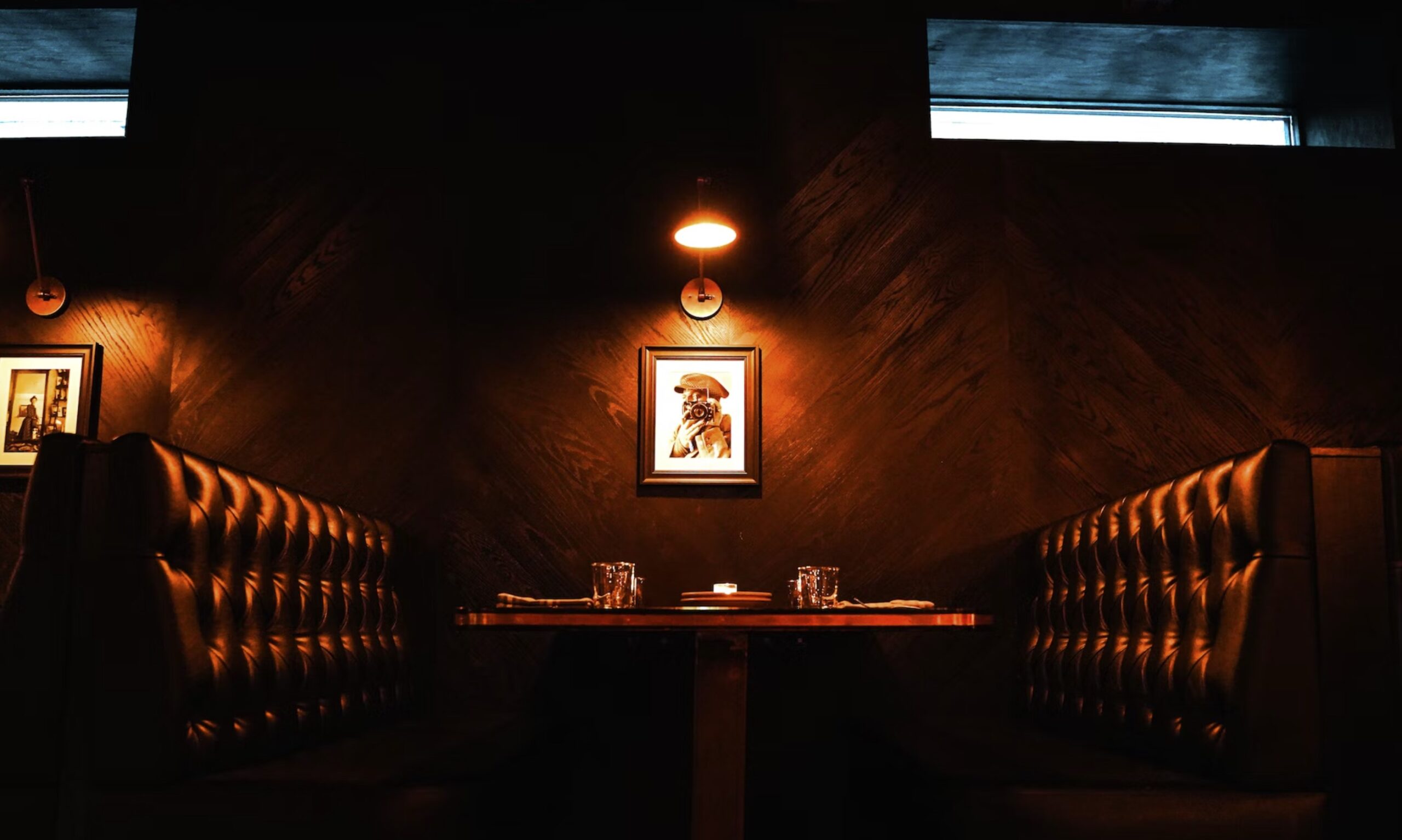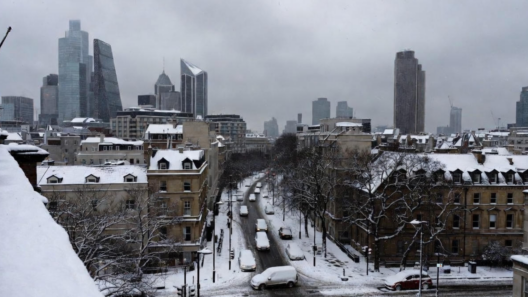OMNI is pleased to present Post Vandalism, a group exhibition featuring works by David Von Bahr, Stephen Burke, Mike Ballard, Moses & Taps, Ed Bats, Cosimo Casoni, Nils Jendri, Bram Bram, Moritz Neuhoff, Antonin Hako, Jeroen Erosie, Ricardo Passaporte, Alexandre Mosa Bavarde, Sonya Ptichkina, and Chris Stead.
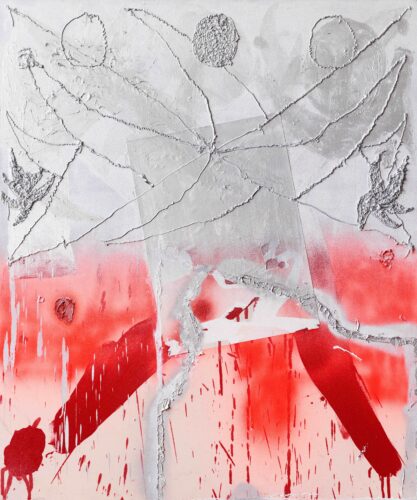
Post Vandalism considers the relationship between public space and the act of destruction, both materially and conceptually. Bringing together a wide range of mediums, including painting, sculpture, and film, the exhibition underscores the conscious engagement of these artists to harness destruction as a means of empowerment.
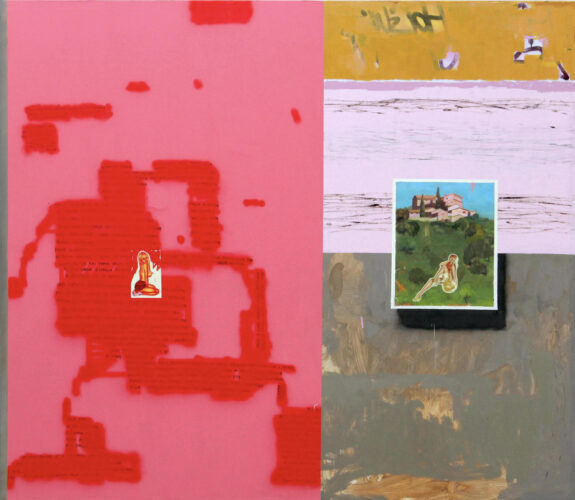
Destruction as a Means of Creation
Tethered to a host of previous art movements, such as the readymade, nouveau réalisme, and graffiti, post-vandalism uses destruction as a means of creating positive change. There is new-found meaning in sprayed utility markings, blackened motorway facades, and warped anti-climb architecture. Molten tarmac caked with colourful dots of chewing gum outside a nightclub or bleached white shopping bags flailing in the wind become symbolic fragments of the lived experience. The works on display are united in capturing the streets we traverse every day and the rapid, gross impact we inflict on our environment, paying homage to the lives that inhabit the city with acute psychological insight.
Created in the studio, the artworks commonly relate to surface material changes. Protective fencing bent out of shape, layers of paint blistering off wooden hoardings, and signatures scratched into plastic evoke the destructive mark-making utilised by many artists producing work in this field. The bristly and viscous appearance of the artwork conveys its power when shown in contrast to the immaculately clean interior of the gallery space. In this setting, we can observe these over-sprayed, bruised, and serrated artworks as poetic, offering a dignified commentary on the everyday experience.
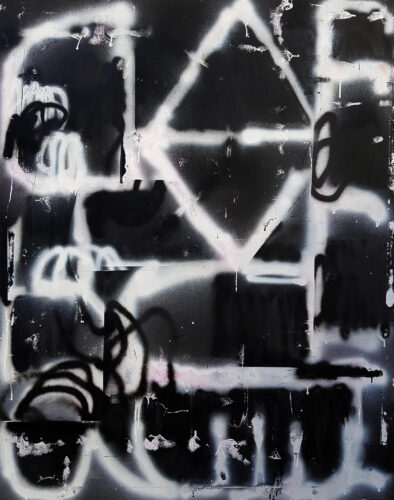
Post Vandalism, OMNI, 20 October – 12 November 2022 56-57 Eastcastle Street London W1W 8EG www.omnigallery.com


